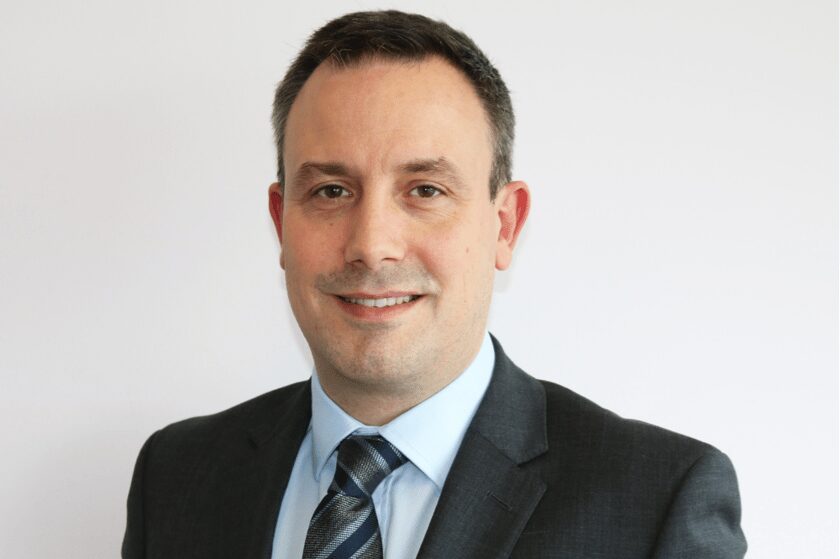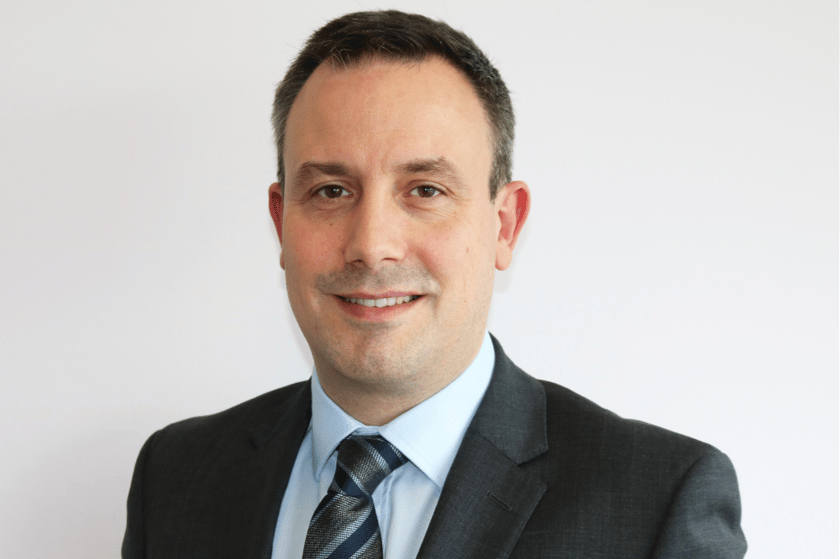
Businesses include UK General Insurance

A newly branded insurance group, which includes what used to be known as UK General Insurance, has been introduced in the UK.
Led by group chief executive Tim Smyth and chair Lord Marland, the Bspoke Group consists of the following businesses:
- Bspoke Underwriting (formerly UK General Insurance)
- Bspoke Lifestyle (formerly Binnacle Insurance Services)
- Bspoke Commercial (formerly One Commercial)
- Provego
- One Commercial Specialty
“We have been working hard since the acquisition to get the group in the best possible position for substantial and profitable growth,” said Smyth in an emailed release. “The group currently underwrites more than £100 million GWP (gross written premium) with plans to grow both organically and through an acquisition strategy fully supported by our shareholders.
“In the last five months of trading since the business was acquired, our commercial insurance businesses have grown organically by 10% and the pace of this growth is accelerating. The profitability of the schemes business has improved significantly compared with the prior year, with a number of new accounts onboarded and operational efficiencies delivered.
“We have great support from both our investors and our major capacity providers while we complete the transformation of the business to create a secure, stable platform for taking advantage of the many opportunities in the UK insurance market.”
The CEO will be supported by Ryan Gill and Craig Hunter as executive group board members. Previously group chief financial officer and having been instrumental in the management buyout, Gill will become chief commercial officer of Bspoke Group. Hunter, meanwhile, will serve as chief operating officer and continue to drive the group’s operational transformation.
According to Bspoke Group, its goal is 100% growth in the next three years.
“We have been quietly building a pipeline of opportunities; the MGA sector is attractive to acquirers like us who have supportive investors and A-rated capacity,” shared Smyth, whose camp also includes Bspoke Sports & Leisure and Bspoke Private Clients and will be targeting those areas. “We are also interested in talking to underwriting teams seeking a great platform from which to grow and build their own value.”
“The Bspoke Group of companies has a very exciting future,” added Lord Marland. “Our supportive investors have fully bought into our ambitious plans, and I am confident that we will provide them with excellent returns.”
What do you think about this story? Share your thoughts in the comments below.
Related Stories
Keep up with the latest news and events
Join our mailing list, it’s free!

This page requires JavaScript


















